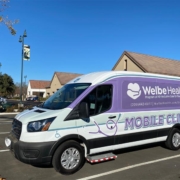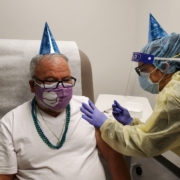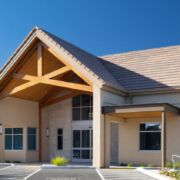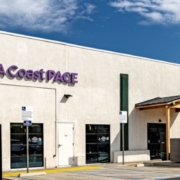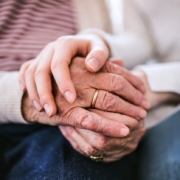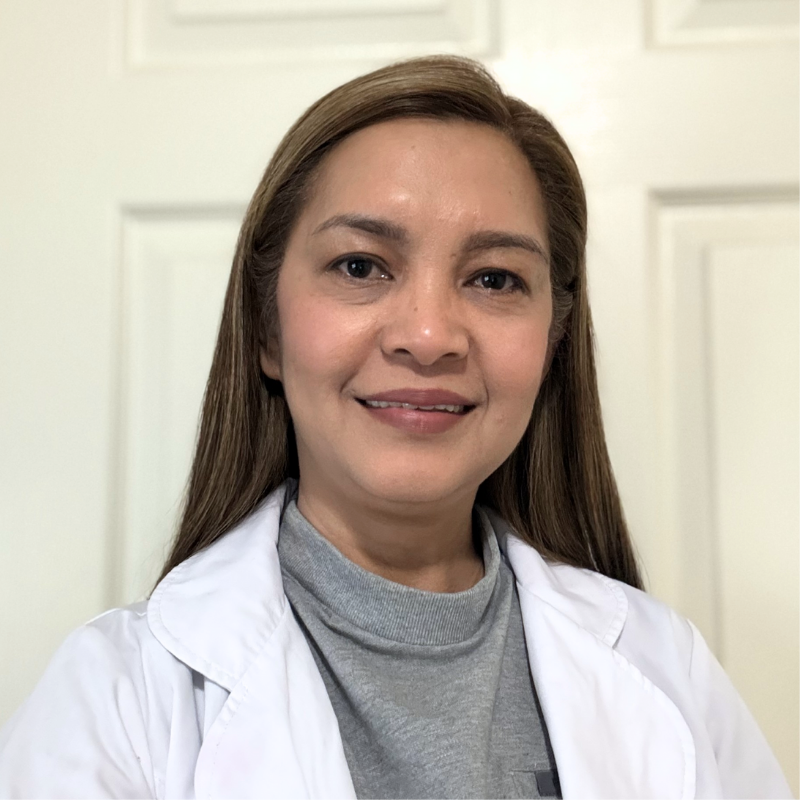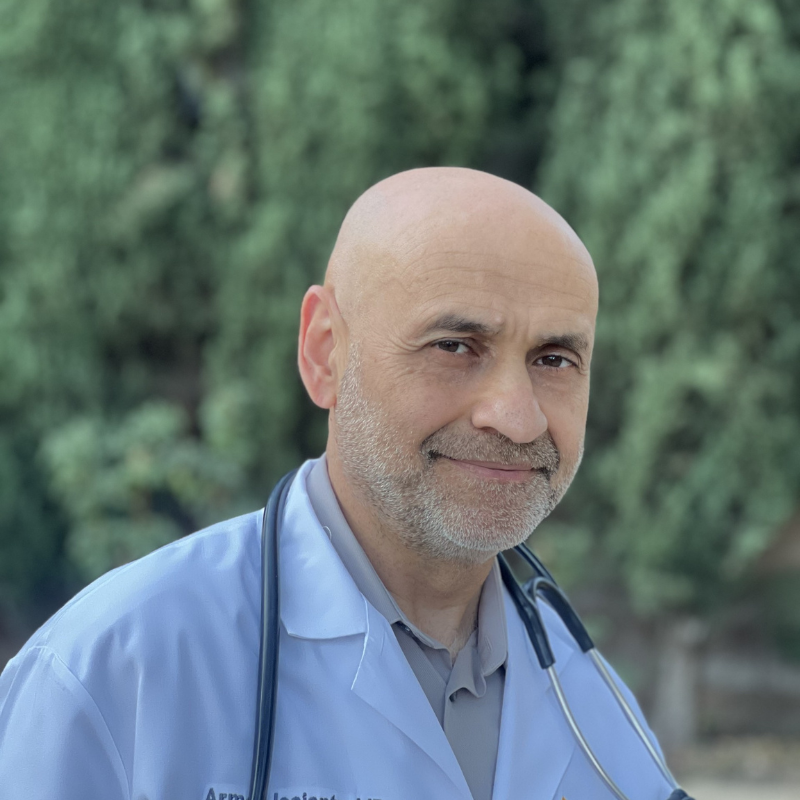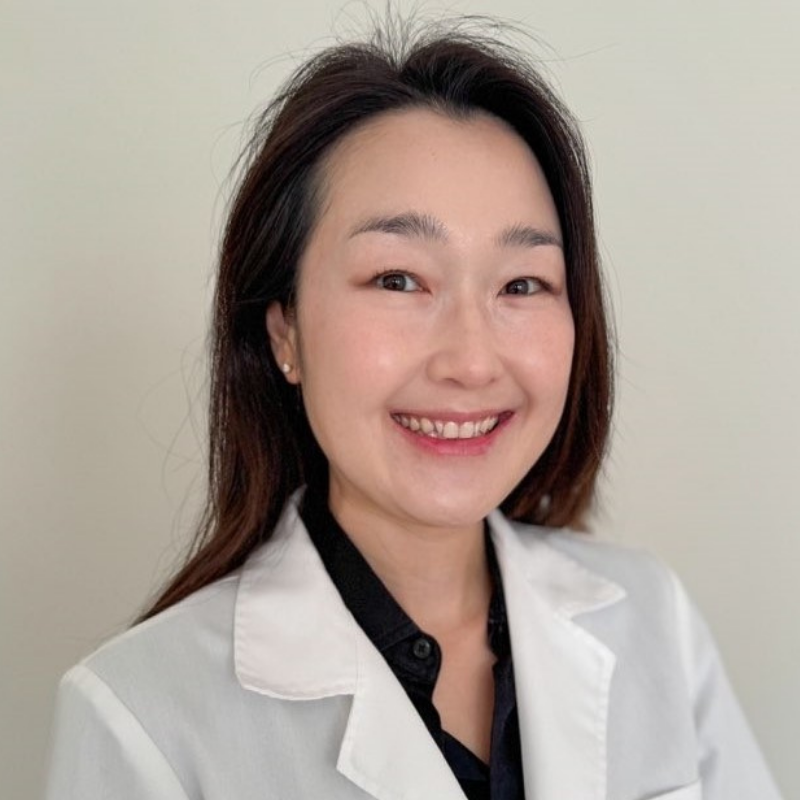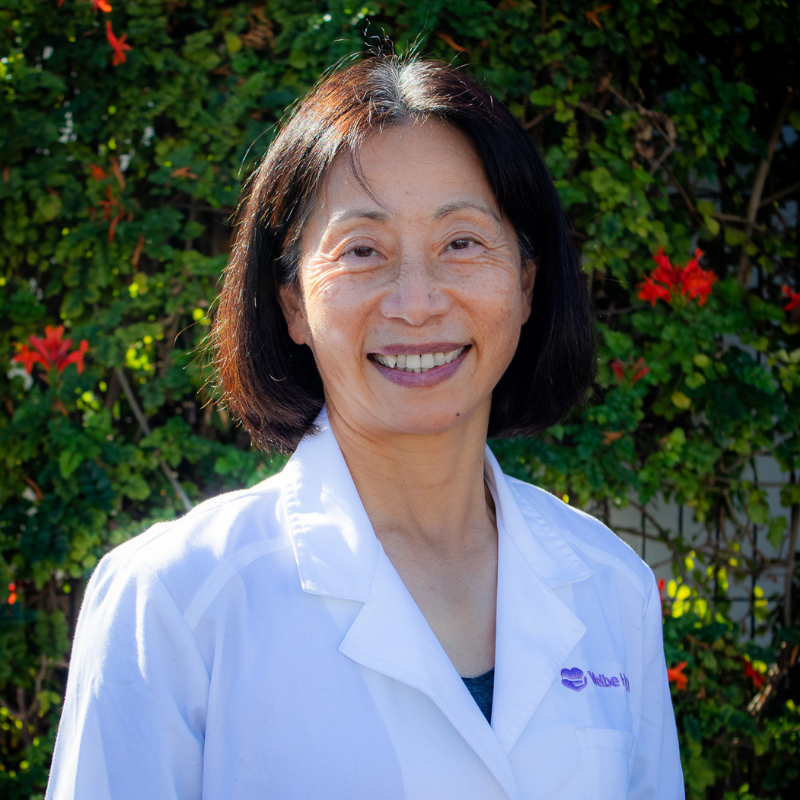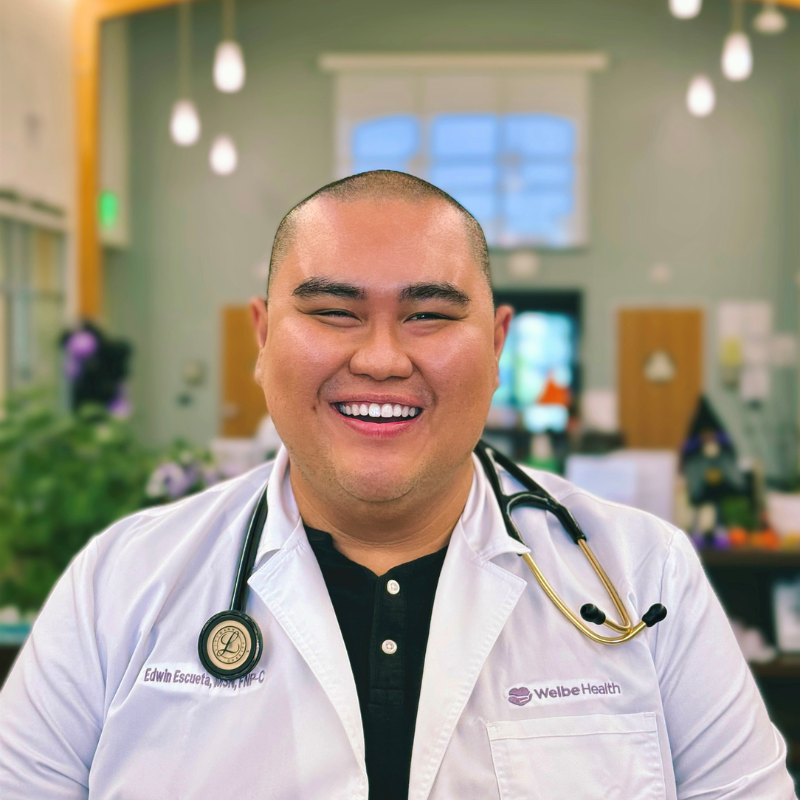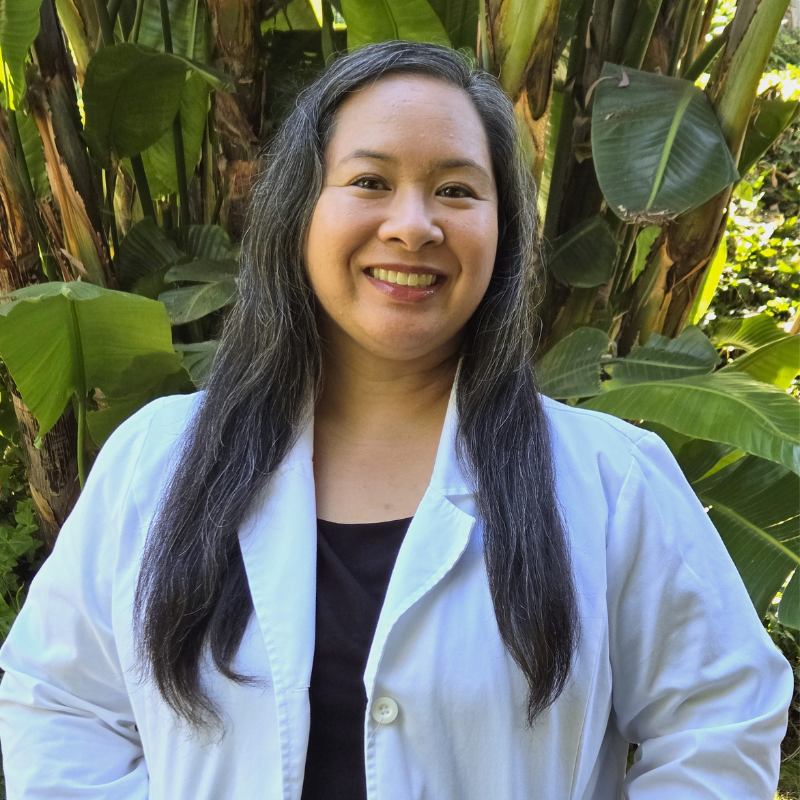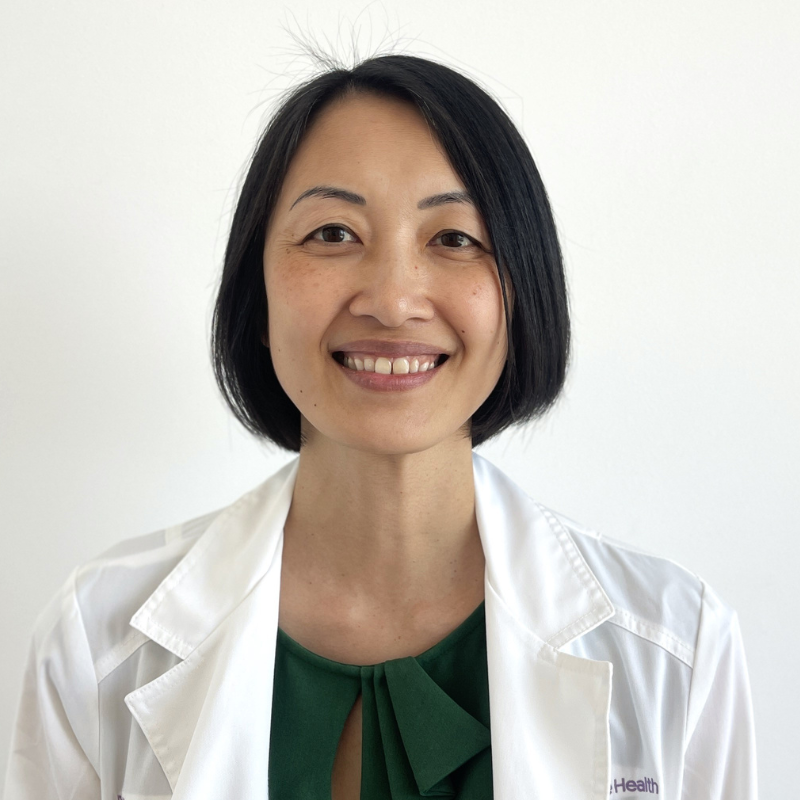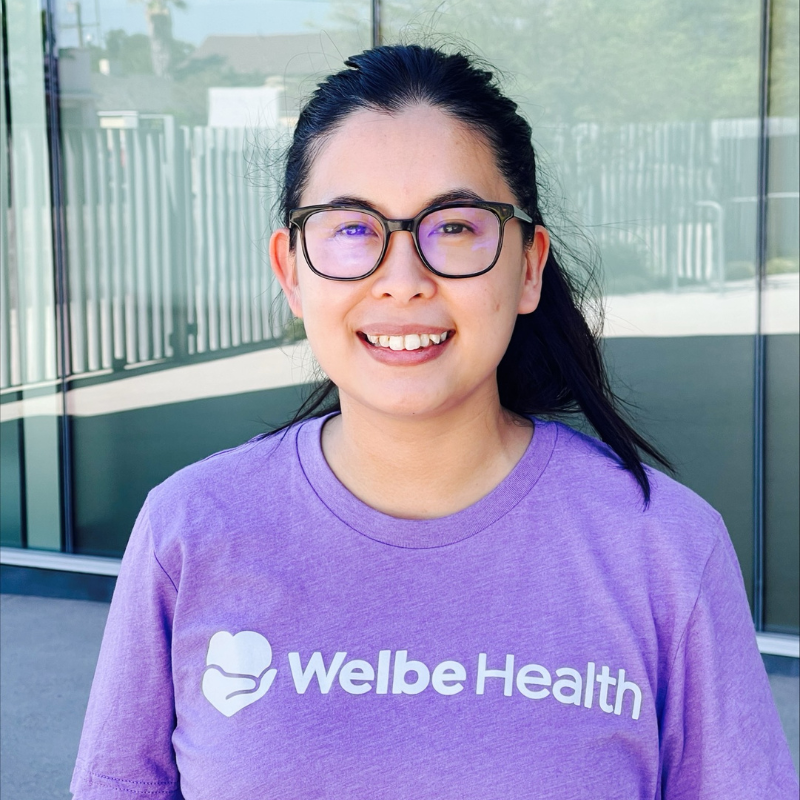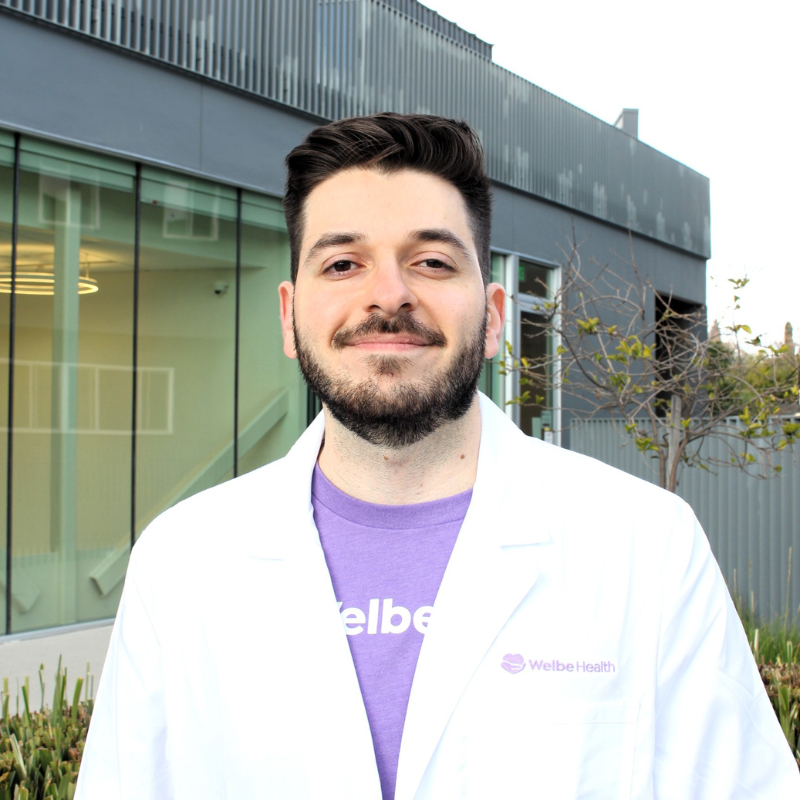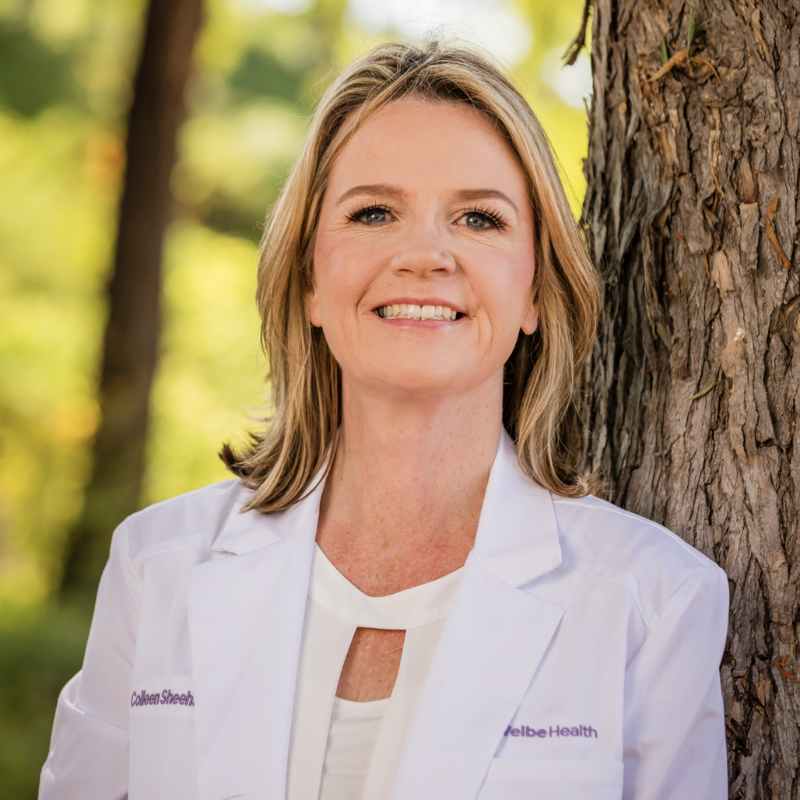H6317_WBHWebLocation_166_SanJose_CMS Approved 01/05/2024, H8082_WBHWebLocation_166_Modesto Approved 5/14/2024, H1917_WBHWebLocation_166_RIVCVY Approved 5/14/2024, H1544_WebCAR CMS Approved 12/17/2024, H0934_WebLdgPgPT CMS Approved 12/17/2024, H1544_WebLdgPgPT CMS Approved 12/17/2024, H1917_WebLdgPgPT CMS Approved 12/17/2024, H2384_WebLdgPgPT CMS Approved 12/17/2024, H6317_WebLdgPgPT CMS Approved 12/17/2024, H8082_WebLdgPgPT CMS Approved 12/17/2024, H1917_CVYWelcome_CMS Approved 09/30/2024, H8082_StkMod_CMS Approved 09/30/2024, H1544_WebCAR CMS Approved 12/17/2024 H0934_WebLdgPg_CMS Approved 10/18/2024, H1544_WebLdgPg_CMS Approved 10/18/2024, H1917_WebLdgPg_CMS Approved 10/08/2024, H2384_WebLdgPg_CMS Approved 10/18/2024, H6317_WebLdgPg_CMS Approved 10/18/2024, H8082_WebLdgPg_CMS Approved 10/18/2024, H1219_PACEGuide_SP CMS Approved 05/14/2024, H1219_PACEGuide_CH CMS Approved 05/14/2024, H8082_WebLocPgMOD_CMS Approved 4/22/2025, H8082_WebLocPgEG_CMS Approved 4/21/2025, H1219_WebLocPgSBN_CMS Approval 7/11/25 , H2384_WebLocPgFresno_CMS Approval Pending XX/XX/XXXX
WelbeHealth Administers First Shipment of COVID-19 Vaccines
LONG BEACH Dec. 31, 2020 – WelbeHealth is administering its first COVID-19 vaccines to its elderly participants this week, beginning at the organization’s center in Long Beach, California. The first seniors received their vaccinations on Wednesday, and additional vaccines will be administered next week.
WelbeHealth, a healthcare provider delivering integrated home-based care for frail seniors across California, received its first shipment of the vaccine earlier this week and rapidly deployed its plan to administer the injections to its highest-risk participants.
“This is a momentous occasion for our programs and our society. It’s essential that we all get vaccinated, not only for ourselves but for the safety and wellbeing of everyone in our communities,” said WelbeHealth President Matt Patterson, MD. “With each vaccine, we are literally saving the lives of our elders who have given so much to enrich our world.”
WelbeHealth provides care as part of PACE (Program of All-Inclusive Care for the Elderly), a longstanding Medicare and Medicaid program that enables older adults to live in the community instead of a nursing home.
At the onset of the coronavirus pandemic, WelbeHealth shifted to a remote home-based care model, providing each participant with an internet-connected WelbeLink computer tablet and delivering care in the home whenever possible. The program has a long track record of positive outcomes, including longer life expectancy and dramatically improved mental health and quality of life. The PACE model has proven dramatically safer for seniors during the pandemic, with 85-95 percent lower infection and mortality rates than nursing homes.
Tour our PACE center in Stockton, California
Check out our amazing PACE center in Stockton.
WelbeHealth Expands PACE into Long Beach and Fresno
WelbeHealth, operator of PACE programs across California, announced the enrollment of its first participants at LA Coast PACE in Long Beach and the upcoming launch of its fourth program, Sequoia PACE, in Fresno. The company has rapidly shifted to a remote home care model to serve seniors safely during the Covid-19 pandemic and continues to enroll new participants in its service areas across California.
PACE (Program of All-Inclusive Care for the Elderly) is a longstanding Medicare and Medicaid program that provides comprehensive medical and social services enabling older adults to live in the community instead of a nursing home or other care facility. The program has a long track record of positive outcomes, including longer life expectancy (by more than one year), improved quality of life, reduced rates of depression and dementia, and enhanced personal empowerment for seniors. PACE services are available at no cost to most participants as part of their Medicare and Medi-Cal benefits.
“In our HomePACE model of remote care, we help seniors stay healthy and thriving while avoiding nursing facilities, which have tragically become hotbeds for the spread of coronavirus,” said Si France, MD, Founder and CEO of WelbeHealth. “We’re excited to expand our all-inclusive model of care into the greater Long Beach and Fresno regions to serve more vulnerable seniors when they need it most.”
LA Coast PACE’s first participants will enroll with the program on June 1, receiving comprehensive home-based medical care, dental care, physical and occupational therapy, and personal care such as assistance with bathing and meals. The program serves nursing home-eligible seniors across the South Bay and Westside region, including in Long Beach, Artesia, Cerritos, Carson, Torrance, Redondo Beach, Hermosa Beach, Manhattan Beach, El Segundo, Culver City, and other nearby communities.
Sequoia PACE, WelbeHealth’s fourth PACE program, will open later this year to serve seniors in Fresno, Kings, Madera, and Tulare Counties, including in Fresno, Clovis, Madera, Hanford, Tulare, and surrounding cities.
“There has never been a stronger imperative to keep frail seniors living more independently in their homes and communities,” said Sophia Guel-Valenzuela, Regional Vice President & Executive Director of LA Coast PACE. “We’re eager to help more seniors reach their full potential and live with confidence, purpose, and joy.”
WelbeHealth has rapidly adapted to serve seniors during the Covid-19 pandemic, shifting to a remote home-based model to continue providing care while enabling participants to stay physically distanced to reduce the spread of the virus. The company’s PACE programs provide 4G LTE “WelbeLink” tablets to each senior, enabling regular video communications to manage medical and social needs. When in-person care is required, it’s performed by a single caregiver in the home whenever possible. The programs have even continued many of their usual games and recreational activities remotely, combatting the dangerous social isolation affecting many seniors today.
Older adults and people with underlying medical conditions are at particularly high risk during the coronavirus pandemic, underscoring the benefits of a home-based care model. According to the National PACE Association, the average PACE participant in the U.S. is 77 years old with 8 medical conditions, many of which are chronic conditions such as diabetes, dementia, coronary artery disease, and cerebrovascular disease. PACE serves as an alternative to nursing homes as reports emerge that nearly 40 percent of California’s coronavirus deaths have occurred in the facilities.
In addition to LA Coast PACE and Sequoia PACE, WelbeHealth also operates Stockton PACE in the Stockton-Modesto region and Pacific PACE, which serves Pasadena, Glendale, Burbank, North Hollywood, and surrounding areas. The company continues to hire new team members at each of its programs across clinical and home health roles to meet community health needs.
For more about the seniorcare services that our PACE program provides, click here.
Coronavirus has ravaged nursing homes. For many seniors, there’s a safer option.
PACE keeps frail seniors healthy, socially engaged, and thriving, even in these unprecedented times.
By Si France, MD, Founder + CEO, WelbeHealth
(This article was published on Medium.com)
May 4, 2020 – As the Covid-19 pandemic continues to wreak havoc and claim lives across the country, many seniors and their families have grown nervous about the potential for outbreaks in nursing homes. Housing about 1.4 million Americans, nursing facilities are a major component of our country’s senior care infrastructure and are facing increasing scrutiny as hotbeds for the spread of the virus. In late April, California reported that nearly 40 percent of the state’s coronavirus-related deaths had occurred in the facilities, with a Los Angeles Times analysis finding that the actual figure could be even higher.
Older adults and people with underlying medical conditions are already at high risk, with reports of over 20 percent morbidity for patients ages 80 and older. With the added risk of congregate living in close quarters, nursing homes have become some of the earliest sites of coronavirus outbreaks.
That’s not to say that nursing home operators are to blame for this situation. Even the most comprehensive infection control policies and procedures may not be able to fully contain the virus when the nature of the facilities’ design is so high-risk. In one of his recent daily briefings, New York Governor Andrew Cuomo described housing “vulnerable people in one place” as a “feeding frenzy” for coronavirus. Acknowledging the high risk, at least six states have now gone so far as to grant nursing facilities explicit immunity from coronavirus lawsuits.
Unfortunately, these challenges aren’t likely to go away any time soon. Though some states have already begun to relax social distancing requirements and stay-at-home orders, frail seniors will remain at extremely high risk. Research published in the Journal of the American Medical Association found that when distancing measures were loosened after the first wave of the 1918 Spanish Flu pandemic, many cities saw long second waves of deaths in the months that followed. Our most hopeful projections show that the development, testing, and mass distribution of a coronavirus vaccine could take 12–18 months, though even that would be an extraordinarily short timeframe. Some scientists are now suggesting that Covid-19 will never be eradicated, returning in regular waves like the flu. Recent developments in antivirals and neutralizing antibodies provide some cause for optimism and could give us superior treatment options to reduce mortality rates.
Regardless of what the future holds, the devastation of this virus should force us to reevaluate the safest and most effective ways to provide high levels of care for the seniors in our community.
Considering the risk of outbreaks in nursing facilities, what are families to do for their loved ones who need high levels of care? While some may be able to care for elders in their homes, the vast majority cannot. Nursing home-eligible seniors typically need assistance with one or more activities of daily living, such as eating and preparing meals, bathing and grooming, or managing medications — a burden too great for many families to manage without additional support.
Rethinking senior care in the age of Covid-19
Suppose you could design a way to care for frail seniors in the time of coronavirus. What would the ideal model look like? For one, it would need to provide a high level of comprehensive care. Not just medicine, but support for seniors’ daily living activities, physical and occupational therapy, medication management, and more. It would also need to be covered by Medicare and Medicaid insurance, as nearly two-thirds of nursing home residents are supported primarily by Medicaid. Most importantly in our current environment, it would need to help seniors remain in their homes, avoiding the congregate living arrangements conducive to the rapid spread of viral outbreaks.
This model already exists, and thousands of nursing home-eligible seniors around the country are thriving in it.
It’s called the Program of All-Inclusive Care for the Elderly (PACE), and I believe it will revolutionize the way we care for the most vulnerable members of our communities.
PACE was pioneered in the 1970s by On Lok, a community health organization in San Francisco’s Chinatown neighborhood, to provide support services to enable seniors to continue living in their homes rather than in an institutional care setting. Over time, it’s evolved into a comprehensive, fully integrated medical and social care model, funded by Medicare and Medicaid in 31 states around the country. The fundamental philosophy of PACE is that it is better for seniors and their families to be served in the community whenever possible. Though all PACE participants are eligible for nursing homes, 95 percent live at home.
The programs are both health plan and care provider, enabling a comprehensive approach to managing seniors’ care. An interdisciplinary team of physicians, nurses, and other medical professionals actively monitor care plans and respond to changes in participants’ health. And PACE provides far more than just medical care, supporting seniors and their families with meals, transportation to appointments, social activities, and personal care services.
The evidence for PACE is overwhelming. The program has a long track record of positive outcomes, including longer life expectancy, improved quality of life, reduced rates of depression and dementia, and enhanced personal empowerment for seniors. According to a survey by the National PACE Association, 97.5 percent of family caregivers would recommend the program to someone in a similar situation. PACE even saves taxpayers money, reducing government healthcare spending by $10,000 per participant.

Research shows that PACE lengthens life and improves quality of life for nursing home-eligible seniors
PACE is also extremely well-positioned to address the growing crisis of social isolation in our senior communities. As the New York Times recently reported, social isolation and loneliness are major risk factors not only to seniors’ emotional health but their physical health as well. Isolation is associated with higher rates of heart disease and stroke and a 50 percent increased risk of dementia, with isolated seniors suffering “a mortality rate comparable to that linked to smoking, obesity, excessive alcohol consumption, and physical inactivity.”
The pandemic has made it even more difficult for seniors to meet their social needs, with senior centers, day programs, and other public spaces closed. Many nursing homes have even barred all family members from visiting their loved ones. PACE can be the answer to this crisis, enabling seniors to remain home while still receiving exceptional medical care and socialization and activities.
In the time of Covid-19, it’s clear to me that PACE delivered safely in the home with social engagement is the single best option for seniors to stay healthy, active, and engaged while also more protected from the virus.
Like just about everyone these days, our programs have had to adapt during the pandemic. Historically, the PACE model has been centered around a day center, where participants receive medical treatments and physical therapy, socialize with friends and caregivers, and enjoy meals and activities. We’ve transitioned rapidly to deliver care and services remotely, to participants in their own homes.

We’ve rapidly adjusted the way we deliver care, closing our day centers until it’s safe to reopen and launching a remote care model to serve participants in their homes
At WelbeHealth, our PACE programs around California have shifted to a new model of care we’re calling HomePACE, delivering the same suite of services without the physical day center. We started by deploying 4G LTE “WelbeLink” tablets to participants’ homes. Our care teams use the devices to maintain regular video communications with seniors, making hundreds of calls per day to manage medical needs and complete social and behavioral health check-ins.
To contain the spread of the virus, we’ve moved our entire clinical and administrative team to a work-from-home model, never having two team members in the same room unless absolutely necessary for patient care. When in-person medical care is required, it’s done by a single caregiver in the home whenever possible, minimizing potential exposures to Covid-19. Our teams are also completing regular deliveries of medical supplies and meals to participants who need them, and we’re even resuming many of our usual games and social activities remotely via video.
Other PACE programs around the country are also innovating to continue serving seniors during this time. PACE Southeast Michigan partnered with a local grocer to deliver essential care packages of fresh food to participants each morning. LIFE Senior Services in Oklahoma hosted a drive-thru breakfast for its members. Care Resources PACE in Michigan secured a grant to launch telehealth services for its participants. CHA PACE in Massachusetts partnered with a local paramedic firm to provide 24/7 in-home care for Covid-positive patients. PACE programs in North Carolina helped seniors access live streams of religious services. From the beginning, PACE has been built around nimble and creative solutions to meet seniors’ needs, so it’s no surprise that so many programs across the country have been able to adapt to care for their participants.
Despite its long track record of success, PACE still has a massive opportunity for growth. Even in the healthcare community, many physicians and medical professionals are just learning about the program for the first time. PACE serves just over 50,000 seniors today, but the estimated eligible population is much larger: 2 million or more. Recent regulatory changes have begun to enable programs to grow more quickly and efficiently, and demand is growing as more seniors and families learn about the program.
For those of us who know PACE already, the case is clear. It’s the model of care I’d want for myself as a physician and for my senior family members.
Years from now, when we reflect on Covid-19, we’ll remember all the challenges we faced and the tragic loss of so many lives. I hope, though, that we’ll also be able to appreciate one bright spot: a turning point in the way we think about caring for the most vulnerable people in our communities. In the face of this pandemic, it’s more apparent to me than ever before that PACE has the potential to become the “gold standard” of care for frail seniors across our country.
….read more.
For more on WelbeHealth services that safely provide comprehensive care for seniors so that they can live more independently, click here.
“Changes to PACE Programs” WelbeHealth
MENLO PARK, CA (March 27, 2020)—WelbeHealth, operator of three PACE programs across California, has made major adjustments to its clinical and operational model to protect the health and well-being of its participants in the face of the rapidly escalating COVID-19 pandemic, including a shift to remote and home care for its vulnerable population of seniors.
PACE (Program of All-Inclusive Care for the Elderly) is a longstanding Medicare and Medicaid program that provides comprehensive medical and social services enabling older adults to live in the community instead of a nursing home or other care facility. Since 2019, WelbeHealth has become one of the fastest-growing PACE operators in the U.S., opening Stockton PACE in greater Stockton-Modesto, Pacific PACE in the PasadenaGlendale-Burbank region, and LA Coast PACE in the greater Long Beach area.
Welbe has been prepared to operate during a pandemic since long before the emergence of COVID-19. The company’s leadership and clinical teams have worked extensively in recent weeks to implement their emergency preparedness program, including launching their Pandemic Incident Response Systems. These systems include a well-defined chain of command and pandemic-specific roles and responsibilities, ensuring clear communication and enabling continued high quality of care for PACE participants.
In the traditional PACE model, most participants visit a day center two or three times per week. With the emergence of coronavirus, Welbe’s PACE programs have made major changes to protect the health of vulnerable seniors. Since March 16, participants have been receiving nearly all their care remotely, at home. In addition to medical care, the programs also continue to provide essential services to seniors based on individual needs, including food preparation and delivery, medication delivery, and personal hygiene assistance.
“I’m extremely proud of our team’s creativity and devotion in ensuring that our seniors continue to receive exceptional care 24/7,” said the President of WelbeHealth, Matt Patterson, MD.
To support home-based care for participants, Welbe has deployed over 200 4G LTE “WelbeLink” tablets with hardware and software specifically designed for use by seniors. Welbe’s care teams use the tablets to maintain regular video communications with participants in the home, making hundreds of calls per day to manage seniors’ medical needs and concerns and complete social and behavioral health check-ins. The tablets also provide games and entertainment for seniors to enjoy throughout the day.
With around-the-clock support from leadership and the tremendous efforts of clinical team members, Welbe has been able to make the shift to remote care very rapidly. At Stockton PACE, the team assembled and delivered protective equipment and supply kits to all employees, set up and delivered hundreds of WelbeLink tablets and thermometers to all participants, and identified needs and delivered food and supplies to seniors’ homes — all in a matter of days. At Pacific PACE, one new participant reflected, “Pacific PACE isn’t just a change in doctor or health; it’s a change of life for me. I’m extremely grateful for everyone making this possible.”
In addition to shifting to remote care, the company has taken numerous other steps to protect participants and caregivers during the pandemic. Since March 16, all team members have been mandated to shelter in place and work from home unless otherwise assigned by the emergency response team. WelbeHealth is also working closely with local, state, and federal health officials to ensure appropriate resources are available to care for participants, including being prepared to test participants and caregivers for COVID-19 when appropriate.
“My colleagues and I chose to work in healthcare out of a sense of calling — a desire to serve and contribute when it matters most,” wrote the CEO of WelbeHealth, Si France, MD in a letter to participants and families. “I assure you that our team will continue to make every effort to do the right thing and protect our seniors during this critical time.”
About WelbeHealth
At WelbeHealth, our mission is to unlock the full potential of our most vulnerable seniors with empathy and love. We do it through PACE (Program of All-Inclusive Care for the Elderly), a comprehensive medical and social care model with a decades-long track record of improved quality of life, life expectancy, and personal empowerment for frail seniors. As part of our PACE programs, most participants are able to live safely and independently in their own homes and communities rather than receive care in a nursing home. WelbeHealth operates three PACE programs across California, with plans for additional expansion in underserved communities. For more information, please visit welbehealth.com.
To learn more about our PACE services, click here.
WelbeHealth Sierra Celebrates One Year Anniversary
WelbeHealth Sierra, our first Program of All-inclusive Care for the Elderly (PACE) celebrated one year of healthcare and wellness service to the eligible seniors in the San Joaquin and Stanislaus counties with a gala event at our WelbeHealth Sierra center. The grand event was covered by the Latino Times and described the rapid growth of the center and even mentioned the rescue of the dog Daisy, featured in this video. Click below for the story.
To learn more about PACE services, click here.

